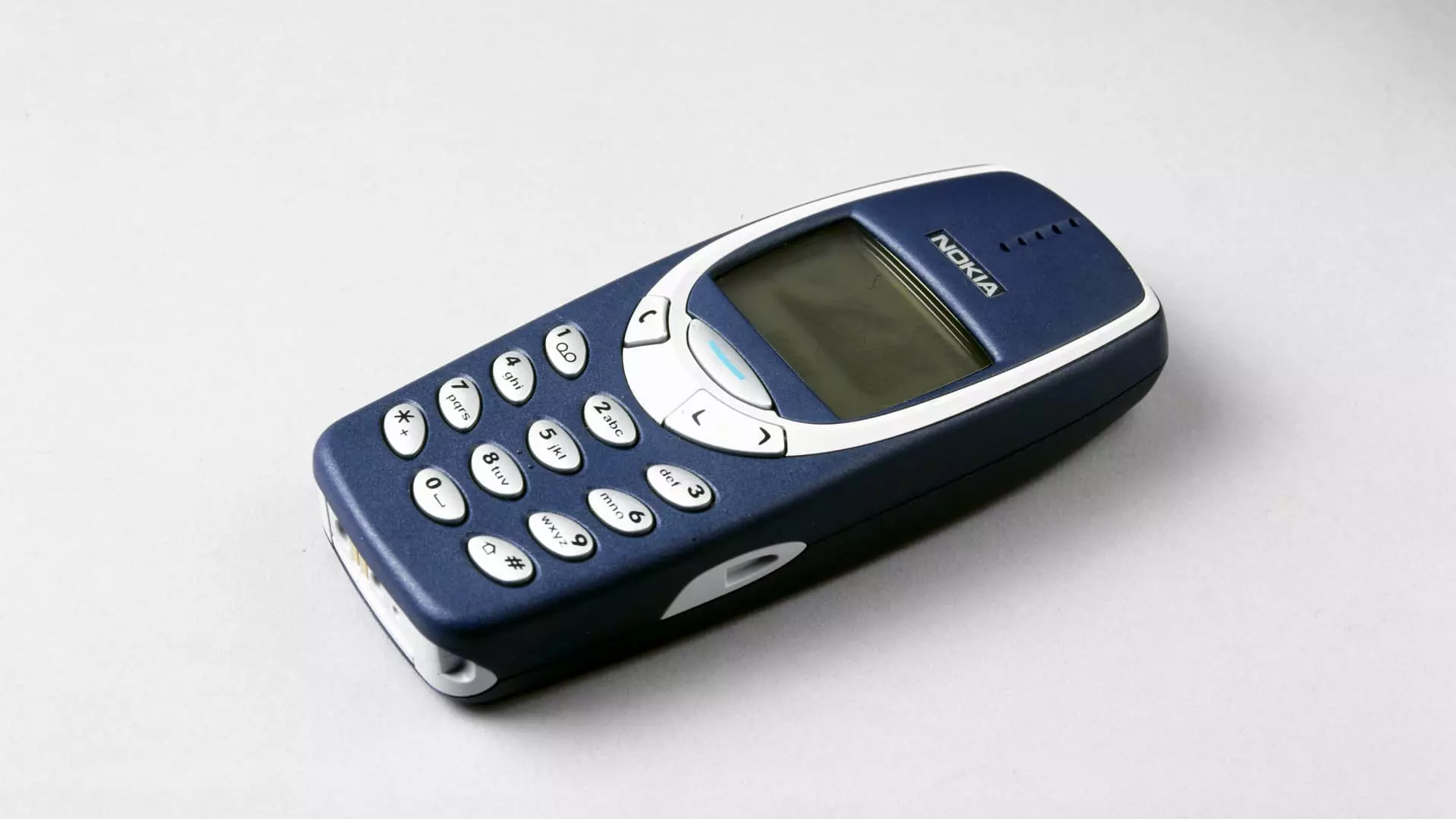When Apple unveiled the iPhone in 2007, the late Steve Jobs proclaimed it as a “revolutionary product” that would redefine the smartphone category. However, the initial reception was far from what investors had hoped for. The first few days of sales were a disappointment, leading some to believe that the product was dead on arrival. Apple sold 1.4 million iPhones that year, with the majority of sales coming in the fourth quarter. In comparison, Nokia, a dominant player in the mobile phone industry at that time, sold 7.4 million phones in Q4 alone. The investing community saw Nokia as unbeatable, and the general consensus was that cracking the market would be a challenging feat for Apple.
In 2008, Apple made a pivotal move that would change the trajectory of the iPhone and solidify its position as a leader in the smartphone market. The introduction of the App Store allowed users to expand the capabilities of their iPhones, turning them into versatile devices capable of performing a multitude of tasks. This was a groundbreaking concept that other phone manufacturers had failed to anticipate. Apple’s foresight propelled the company ahead of its competitors and laid the foundation for the smartphone era as we know it today.
With each passing year, Apple witnessed a surge in iPhone sales. In 2011, the company achieved a significant milestone by selling over 50 million units, driven by the success of the iPhone 4s. The momentum continued, and by 2015, Apple was selling over 200 million iPhones annually. The iPhone became the industry standard, setting the benchmark for other phone manufacturers to follow. The App Store’s influence was undeniable, prompting Android to adopt a similar model with the Play Store.
A decade after its release, the iPhone propelled Apple to become the first publicly traded US company to reach a market capitalization of $1 trillion. Today, it stands as one of the most profitable companies in the world. In a significant milestone, Apple surpassed Samsung, its longstanding competitor, to become the world’s smartphone leader. Apple now holds just over 20% of the global market share, a position that Samsung had maintained since 2010. While Apple faced challenges from Samsung’s Android-based devices from 2008 to 2015, the company’s success lies in its ability to build an ecosystem that is unparalleled in its disruption potential.
As technology continues to evolve, Apple has begun to venture into machine learning and artificial intelligence (AI) for the iPhone. However, companies such as Microsoft, Google, and Open AI have made more significant strides in embracing this technology openly. AI is poised to play a critical role in shaping the future, and it can provide tremendous value to iPhones. Apple currently employs AI to enhance features like organizing photos and emails, as well as text organization. However, there is still room for growth, and the iPhone has yet to fully harness the opportunities that AI presents.
The iPhone has come a long way since its initial reception in 2007. Despite the early doubts and criticisms, Apple persevered and reshaped the smartphone landscape with its innovative features and the introduction of the App Store. Today, the iPhone stands as a symbol of Apple’s dominance and profitability, solidifying its position as one of the world’s leading technology companies. As the company continues to explore new frontiers, including AI, it remains at the forefront of technological advancements, constantly pushing the boundaries of what is possible in the world of smartphones.


Leave a Reply